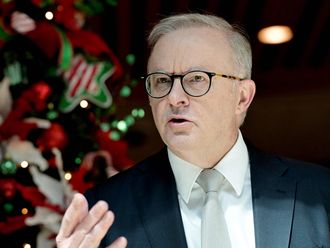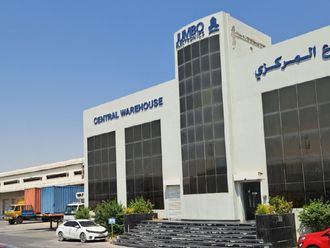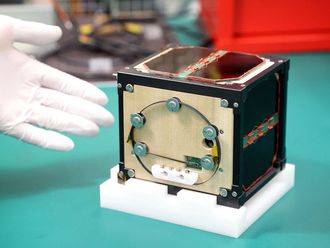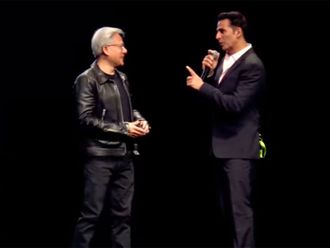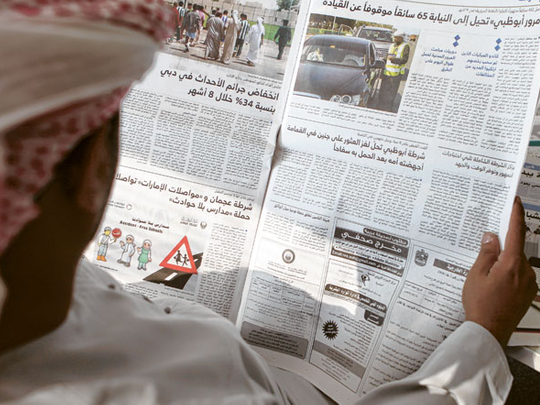
Dubai: All of those promotional campaigns during Ramadan and Eid have paid off as the UAE's spending on advertising went back into growth mode during the third quarter of this year.
It grew 2.6 per cent between July and September from a year before to $353 million (Dh1.3 billion), which in turn pushed the combined total in the UAE for the first nine months past the $1 billion mark, according to data from Pan Arab Research Centre (Parc).
However, the UAE was not able to reclaim the title of the region's largest advertising market from Egypt, which notched up advertising spending of $1.13 billion for the first nine months of the year.
Even so, the UAE's advertising community will take a lot of heart from the latest results, with the third-quarter performance compensating for a rather weak second quarter when spending dropped 3 per cent from a year before to $345 million.
Across the region, the advertising market surpassed $10.25 billion in the first three quarters of 2010, "which translates into a healthy 26 per cent growth over last year", said Shaharyar Umar, a senior spokesperson at Parc.
"We can clearly see that stability has followed the 2009 period of volatility, with all the major markets back in the black during the third quarter."
Lebanon — for long a focal point for the region's advertising sector — achieved 16 per cent growth, with Qatar and Kuwait following with 11 and 10 per cent respectively. Another major bellwether market for the ad industry, Saudi Arabia, posted a 6 per cent growth.
Top attraction
If there is a single strand running through the regional markets, it is the fact that television continues to attract the big advertising spenders. The medium posted a 45 per cent increase during the third quarter from a year before, and this took television's share of the overall advertising spending pie to an "all-time high" of 62 per cent.
Newspapers now share 27 per cent of the spending on all measured media type and posted a growth of 4 per cent, according to Parc's data, while spending in magazines remained flat.
But in the UAE, a starkly different perspective continues to dominate. Advertisements on television actually fell 12 per cent in the first nine months. Newspapers as a category accounted for 67 per cent of spending across all media platforms.
The higher numbers were principally led by advertising in Arabic newspapers, which were up 21 per cent during the third quarter. Those in the English language media dropped 15 per cent during the same period.
"After 18 months or so of businesses shoring up their profit and loss accounts, we are seeing more activity as brand owners seek to rebuild their top-lines," said Mark Rogers, partner at Mojo Advertising. "There is still a lot of event/offer driven promotions, but that only takes the business so far.
"At some point marketers have to re-invest in the brand and we are seeing some of that happening again.
"We are also seeing a number of start-up, consumer-led businesses which suggests there are opportunities out there. It's not ‘let's all hunker down'."
In the UAE, government and institutional spending topped the charts in spreading the word about themselves, followed by shopping malls and, yes, real estate.
Parc's findings are based on the media rate cards and do not account for incentives and discounts that advertisers avail from media owners.
Forces at work
"There are two forces at work here — the traditional [measured] media will remain under pressure because of tighter marketing budgets," said Rogers. "For many businesses today, print, radio, TV, outdoor, even with heavy discounts, require significant levels of investment which they can't — or won't — commit to.
"Then there's the rise of non-traditional (unmeasured) media where the barriers to participation are significantly lower. We see a number of clients finding new ways of communicating with their customers/consumers with lower entry costs and measurable results.
"Some are doing better than others, but the bar is being raised all the time."
And the early forecasts for the last quarter? "We would be surprised if the taps get turned off," Rogers added.


